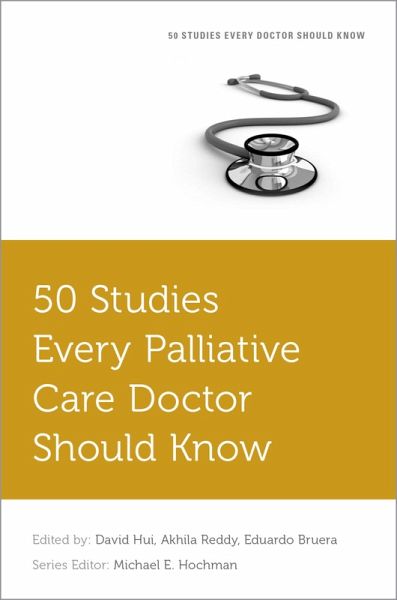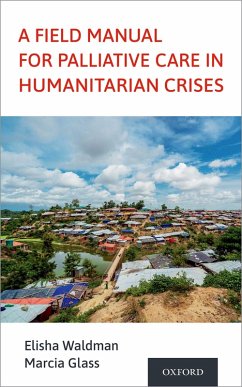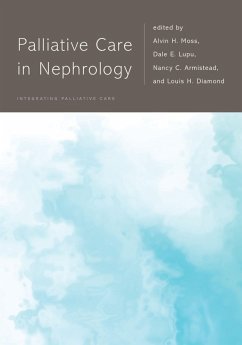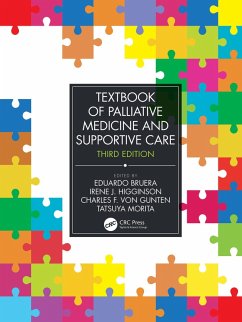
50 Studies Every Palliative Doctor Should Know (eBook, PDF)
Versandkostenfrei!
Sofort per Download lieferbar
31,95 €
inkl. MwSt.
Weitere Ausgaben:

PAYBACK Punkte
16 °P sammeln!
50 Studies Every Palliative Doctor Should Know presents key studies that have shaped the practice of palliative medicine. Selected using a rigorous methodology, the studies cover topics including: palliative care, symptom assessment and management, psychosocial aspects of care and communication, and end-of-life care. For each study, a concise summary is presented with an emphasis on the results and limitations of the study, and its implications for practice. An illustrative clinical case concludes each review, followed by brief information on other relevant studies. This book is a must-read fo...
50 Studies Every Palliative Doctor Should Know presents key studies that have shaped the practice of palliative medicine. Selected using a rigorous methodology, the studies cover topics including: palliative care, symptom assessment and management, psychosocial aspects of care and communication, and end-of-life care. For each study, a concise summary is presented with an emphasis on the results and limitations of the study, and its implications for practice. An illustrative clinical case concludes each review, followed by brief information on other relevant studies. This book is a must-read for health care professionals and anyone who wants to learn more about the data behind clinical practice.
Dieser Download kann aus rechtlichen Gründen nur mit Rechnungsadresse in A, B, BG, CY, CZ, D, DK, EW, E, FIN, F, GR, HR, H, IRL, I, LT, L, LR, M, NL, PL, P, R, S, SLO, SK ausgeliefert werden.













